Gas leaks are dangerous, bringing risks like fires, explosions, and health issues. Spotting them early, perhaps with a simple soapy water test, can be vital to keeping your home or workplace safe.
In this comprehensive guide, we will explore the importance of gas leak detection and provide valuable information on how to detect a gas leak effectively. Let’s delve into the topic and empower you with the knowledge to detect gas leaks and prioritise safety.
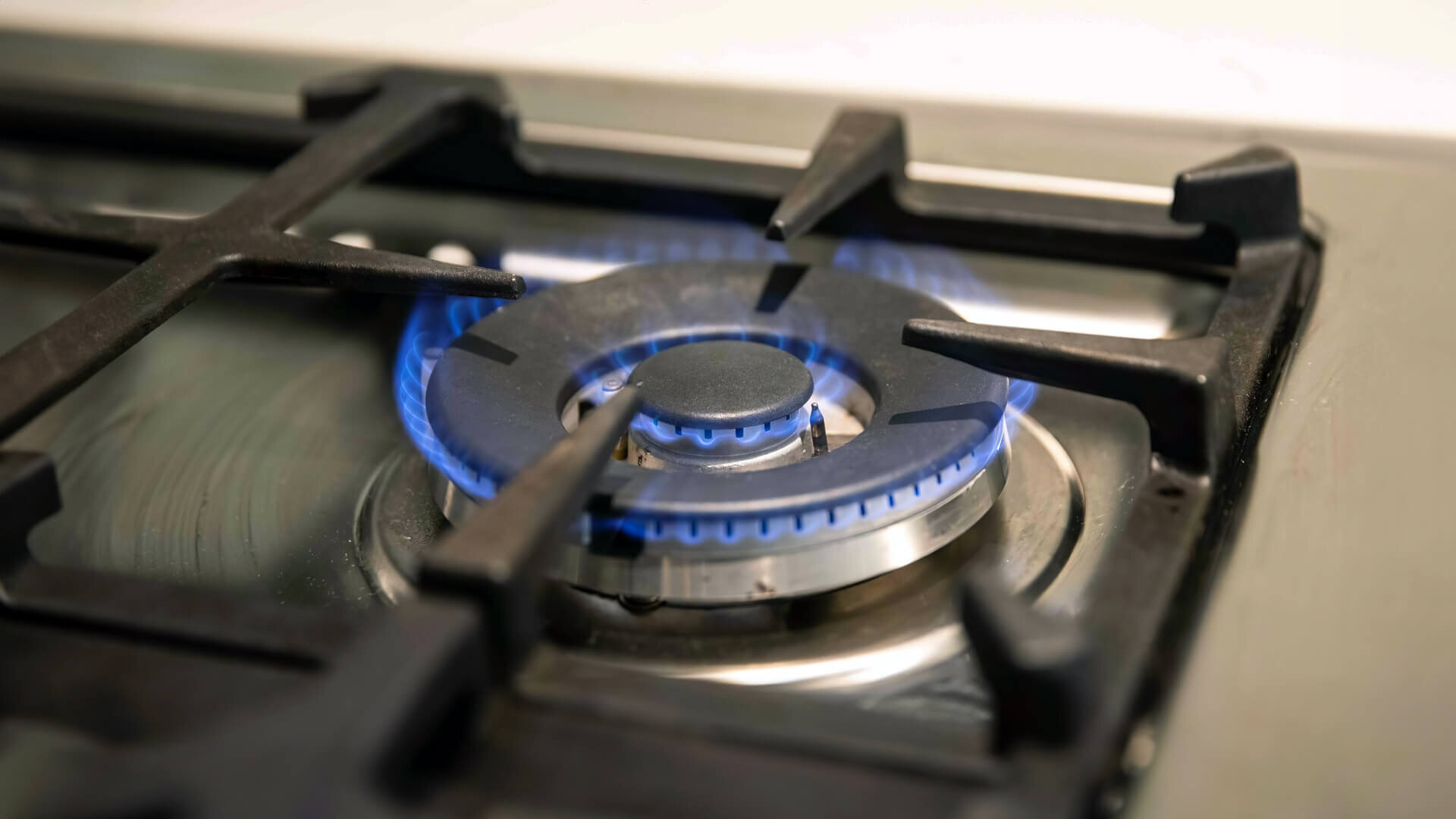
Understanding the Dangers of Gas Leaks
Gas leaks pose significant dangers that should not be underestimated. Ignoring or neglecting the signs of a gas leak can have devastating consequences for individuals and property. Understanding the potential hazards associated with natural gas leaks is crucial to appreciate the importance of early detection and immediate action.
The primary danger of gas leaks is the risk of fire and explosion. Gas, such as a natural gas leak or propane, is highly flammable and can ignite with even a tiny spark or open flame. In the event of a gas leak, the accumulated gas escaping can create an explosive atmosphere, putting lives and property at serious risk.
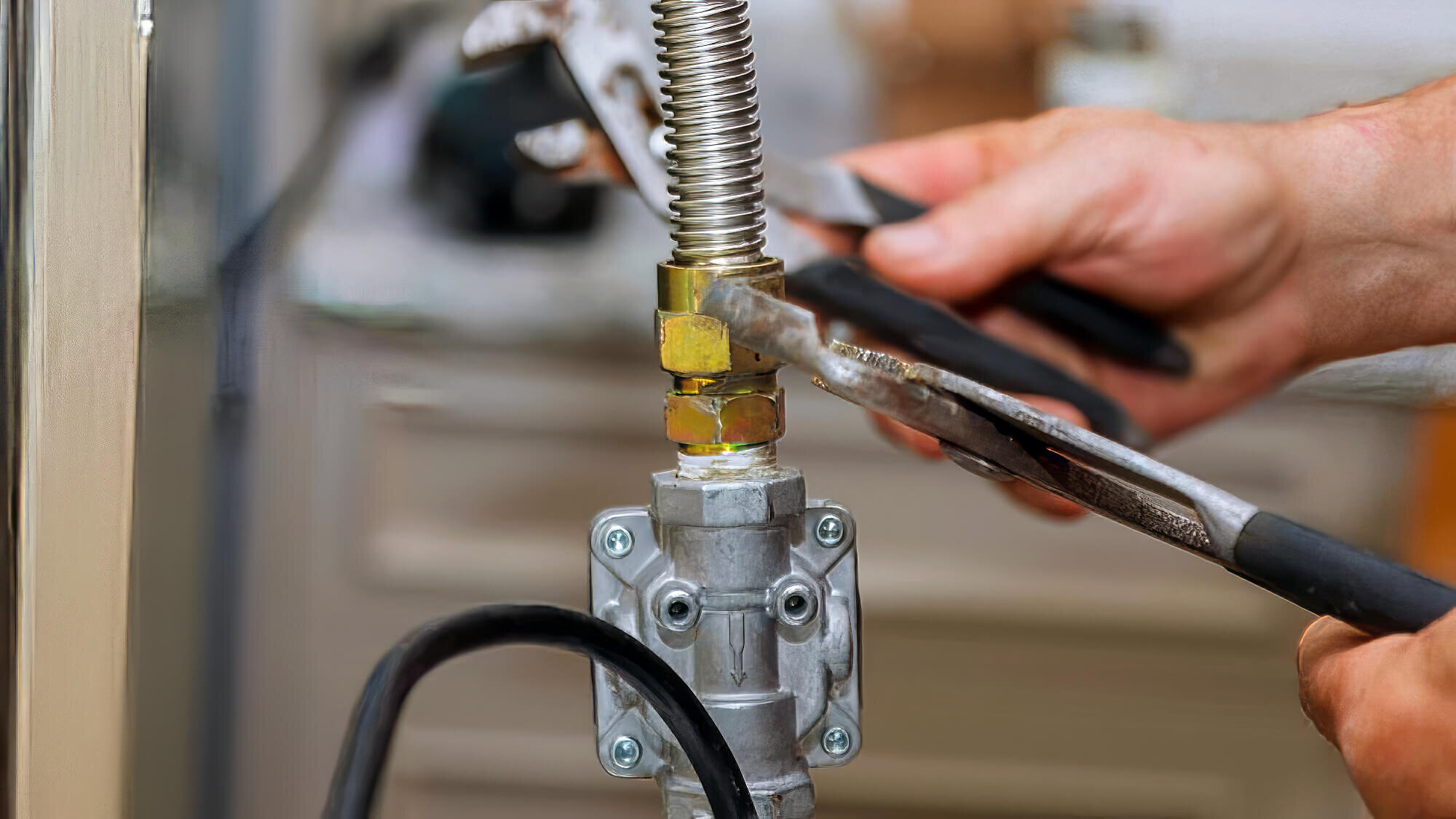
Gas leaks can also bring health risks. Gases like those from natural gas can emit harmful substances, such as carbon monoxide (CO). High levels of CO might cause headaches, dizziness, nausea, or even fainting. Prolonged exposure could lead to serious health problems or be fatal.
Gas leaks can occur for various reasons, such as faulty gas appliances, damaged pipelines, or improper installation. Regardless of the cause, it is essential to recognise that gas leaks can happen anywhere, including in residential homes, commercial buildings, and industrial facilities.
Recognising Common Signs of a Gas Leak
Recognising common signs of a gas leak is crucial for ensuring the safety of your home or workplace. Gas leaks can pose significant risks, including fire, explosions, and health hazards.
By understanding and identifying these signs, you can conduct a soapy water test, take prompt action, and protect yourself and others from potential dangers.
Strong Odour
One of the most recognisable signs of a gas leak is a strong, unpleasant odour. Natural gas suppliers add a distinct odourant, often described as similar to rotten eggs, to help people detect leaks more easily. If you detect this distinct smell in your home or workplace, taking immediate action is crucial.
Hissing or Whistling Sounds
Gas leaks from pipes or connections can produce whistling sounds. If you notice unusual noises near gas appliances, lines, or the gas meter, it could indicate a potential gas leak. Please pay close attention to any persistent, unusual sounds and investigate them promptly.
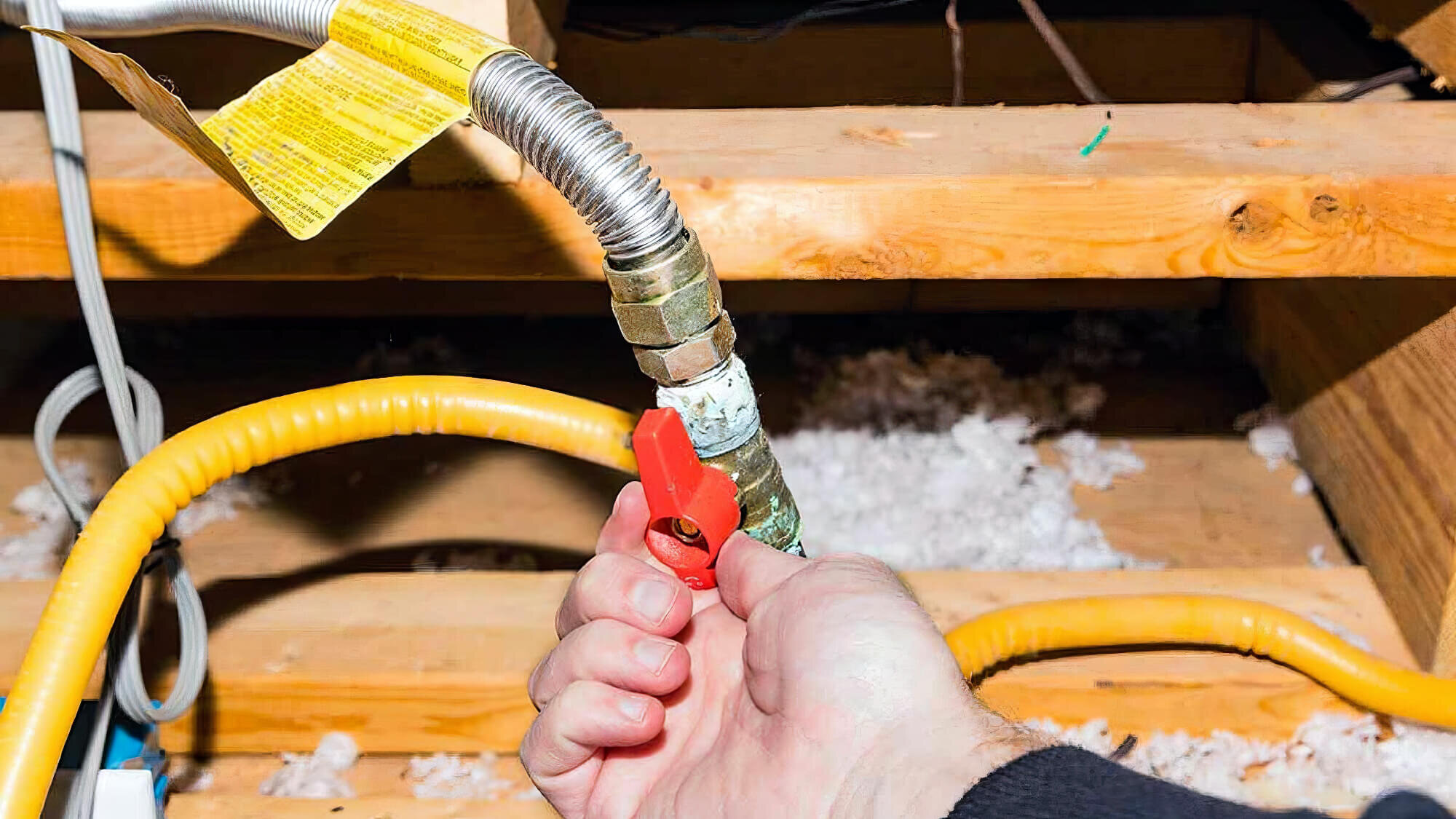
Dead or Discoloured Vegetation
If an underground gas leak occurs caused by corroding pipes or leaking connections, plants or trees nearby may die. Gas leaks in underground gas pipes can affect nearby vegetation. Observing dead or discoloured plants, particularly in a concentrated area, might indicate a gas leak beneath the ground. Keep an eye out for any unusual changes in your garden or landscaping.
Bubbles in Water
When gas leaks occur near water sources, such as in plumbing or near outdoor water features, you may notice bubbles or fizz in standing water. If you see this phenomenon, it’s essential to consider the possibility of a gas leak and take appropriate precautions.
Unexplained Physical Symptoms
Gas leaks, especially those involving carbon monoxide, can cause various physical symptoms of carbon monoxide in individuals. These symptoms may include headaches, dizziness, nausea, fatigue, difficulty breathing, or flu-like symptoms.
If multiple people experience these symptoms simultaneously or if they improve when you leave the premises, it could indicate a gas leak.
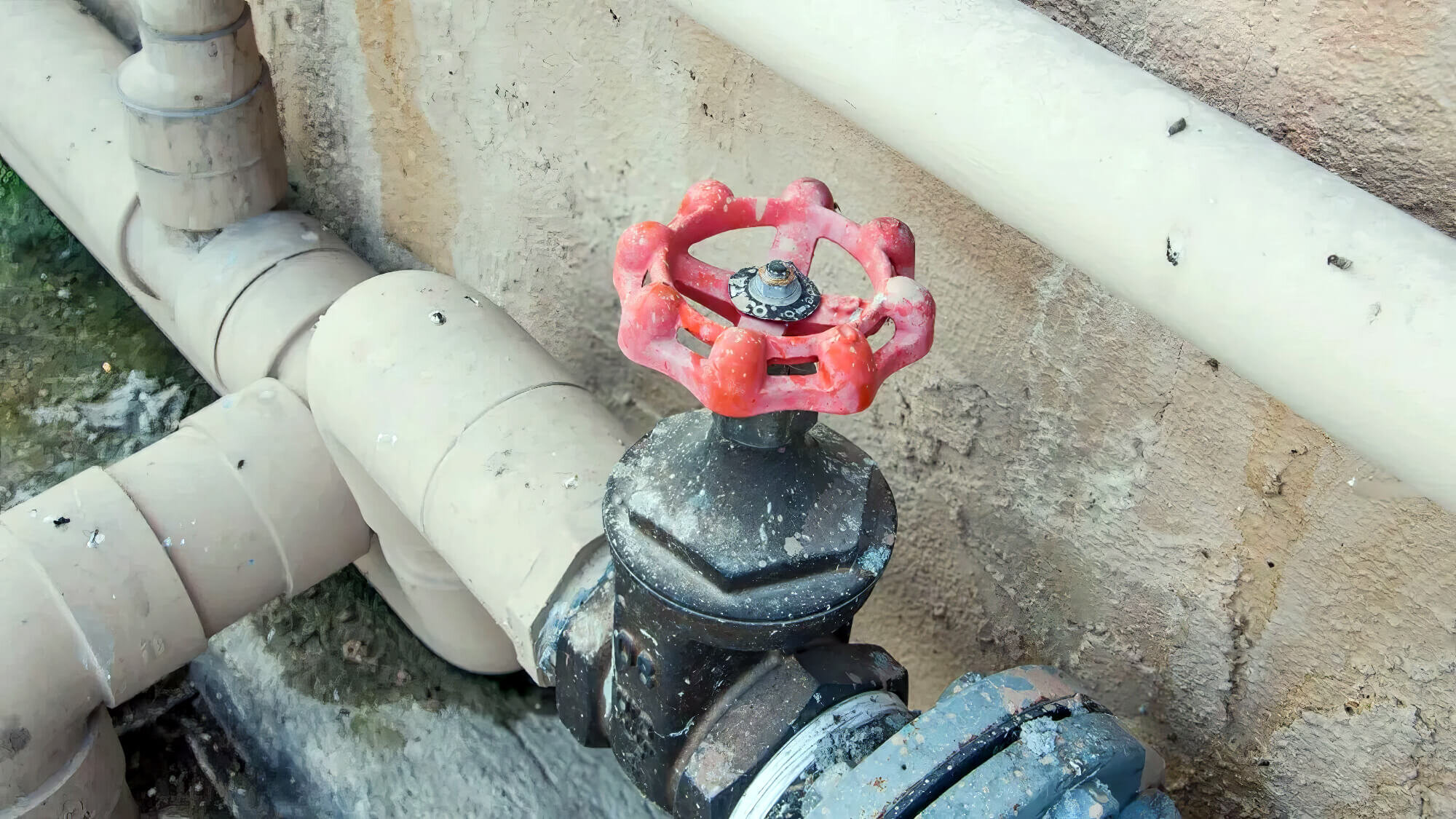
Sudden Increase in Gas Bills
If your gas bill suddenly spikes without apparent explanation, it could indicate a gas leak. Slow gas leaks can result in a significant increase in gas consumption, leading to higher bills.
If you notice an unexplained rise in your gas expenses, it is worth investigating the possibility of a leak.
Malfunctioning Gas Appliances
Gas leaks can cause gas-powered appliances to malfunction. If you experience issues with your gas stove, heater, water heater, furnace, or other gas appliances, such as inconsistent flames, unusual smells, or difficulty igniting, it could be a sign of a gas leak. Please pay attention to these warning signs and address them promptly.
Pilot Light Problems
If the pilot lights on your gas appliances frequently go out, produce anything but a steady blue flame, or have an irregular or weak flame, it could indicate a gas leak or another issue with the appliance.
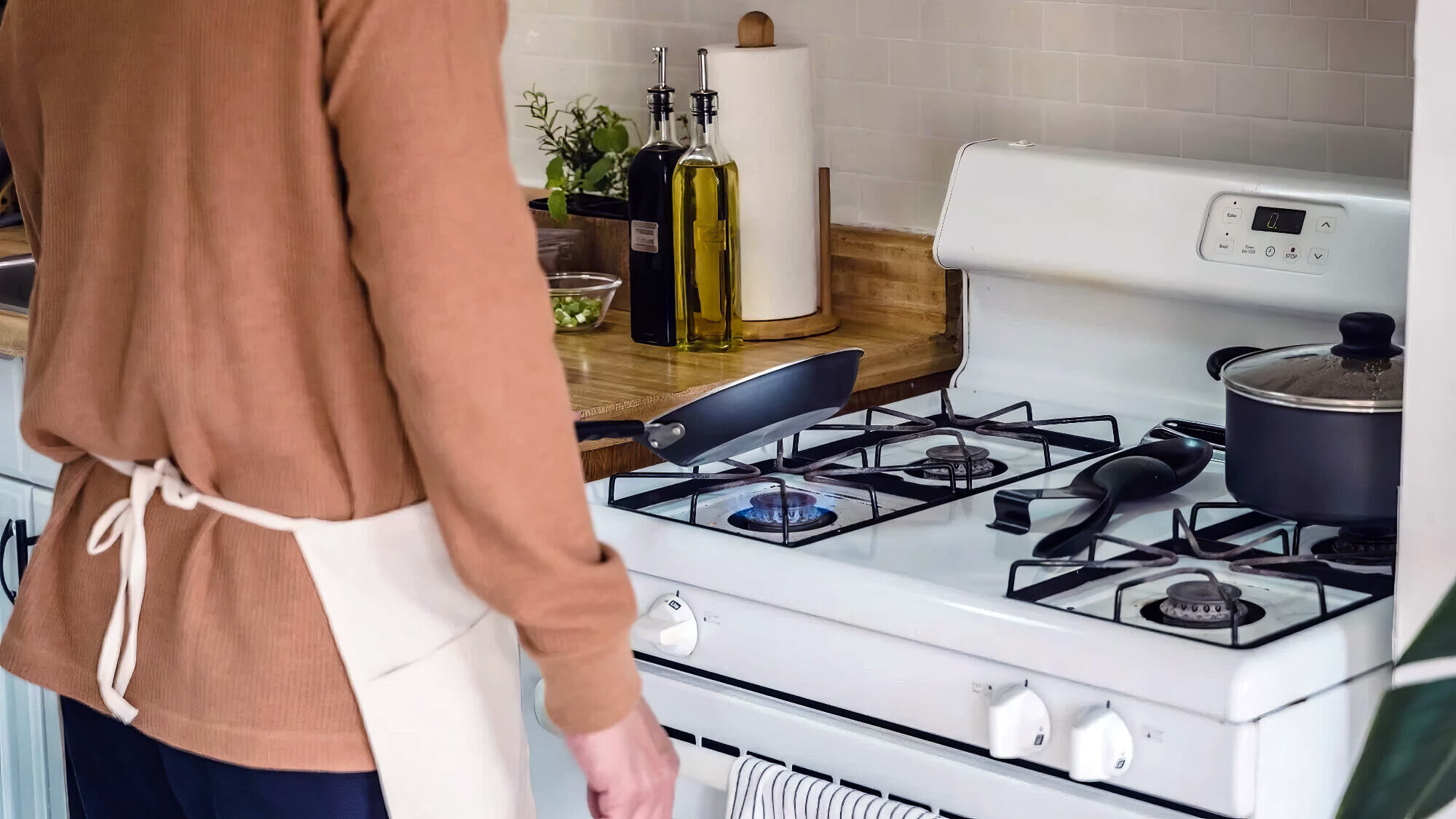
Feeling of Unease
Trust your instincts. Suppose you suspect a leak and have a persistent feeling of unease or a sense that something is wrong regarding gas usage. In that case, it’s essential to investigate further and take appropriate precautions.
Immediate Actions to Take
In the event of a suspected gas leak, it is crucial to take immediate action to ensure your safety and the safety of others. Firstly, evacuate the area without hesitation. Leave the premises swiftly and calmly, ensuring everyone is out of harm’s way.
Avoid wasting time gathering belongings or attempting to locate the source of the leak. Once in a safe location, alert others about the gas leak as soon as possible, whether it’s neighbours, coworkers, or building management, depending on the situation. By notifying others, you can help prevent further exposure to the gas and ensure everyone’s well-being.
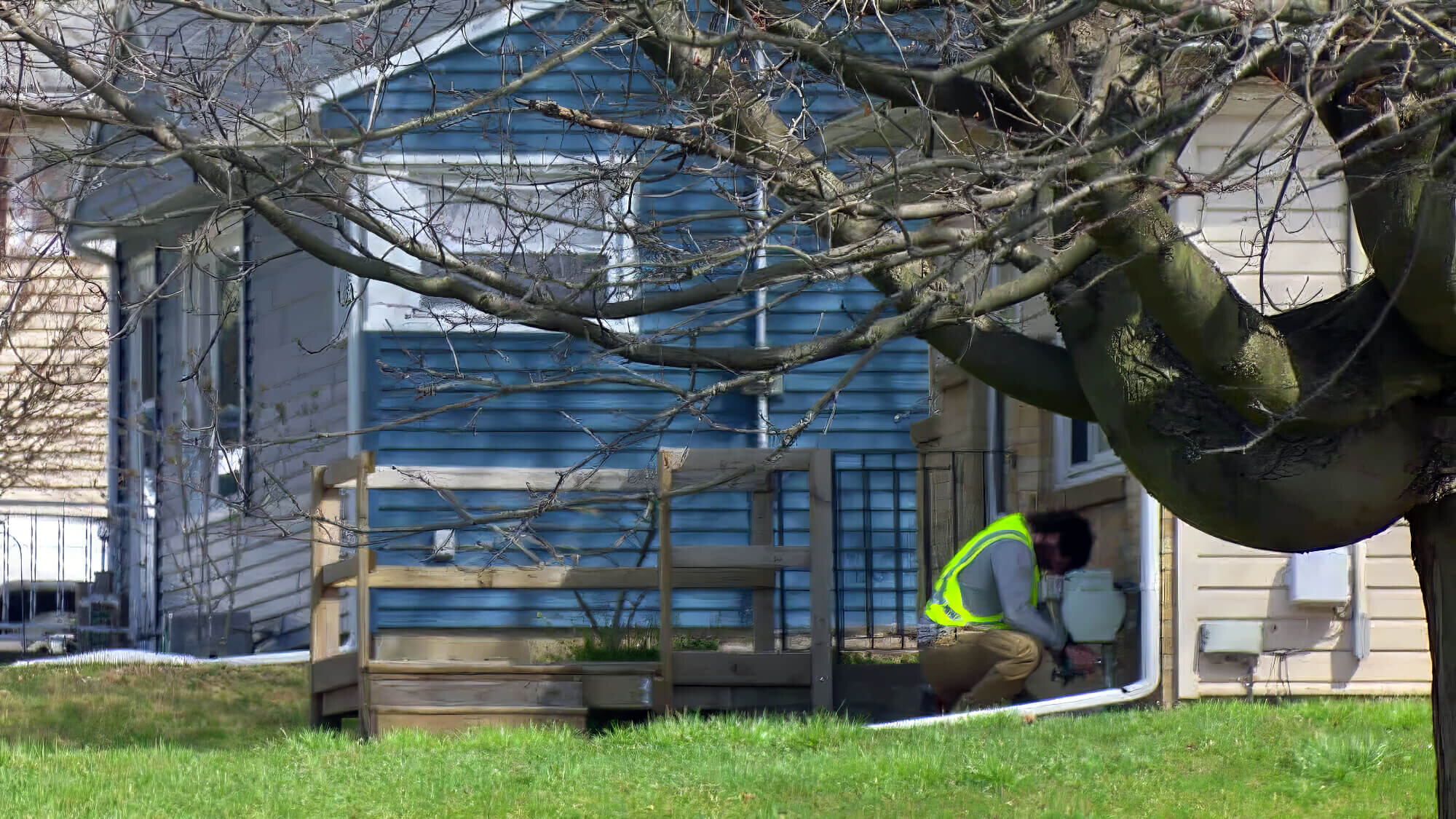
Next, it is essential to avoid open flames, sparks, or electrical devices. Any source of ignition can lead to a dangerous explosion if there is a significant gas concentration in the area. Refrain from using lighters, matches, electrical switches or appliances, cell phones, or any device that could create a spark.
Suppose it is safe to do so; open windows and doors to ventilate the area. This can help dissipate the gas and reduce its concentration. However, only attempt ventilation if you can do it without putting yourself at risk.
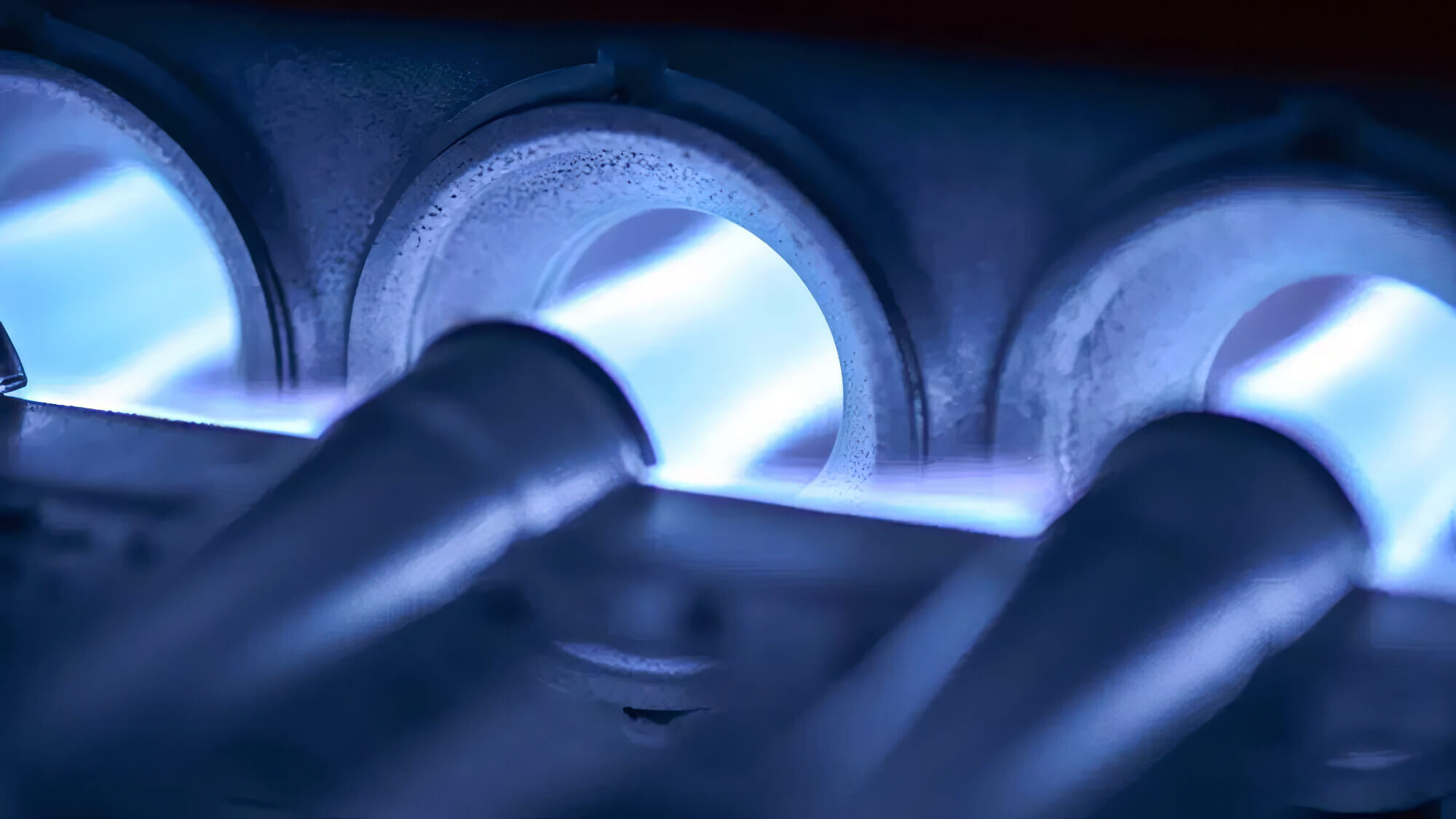
Never attempt to find or fix a gas leak on your own. Gas line repairs need experts. Without the right knowledge or tools, you could make things worse or even put yourself and others in danger.
Immediately contact the appropriate emergency services after evacuating and ensuring your safety. Dial the emergency hotline of your local gas company or emergency services, such as the fire department. Report the suspected gas leak and provide accurate information about the location and situation.
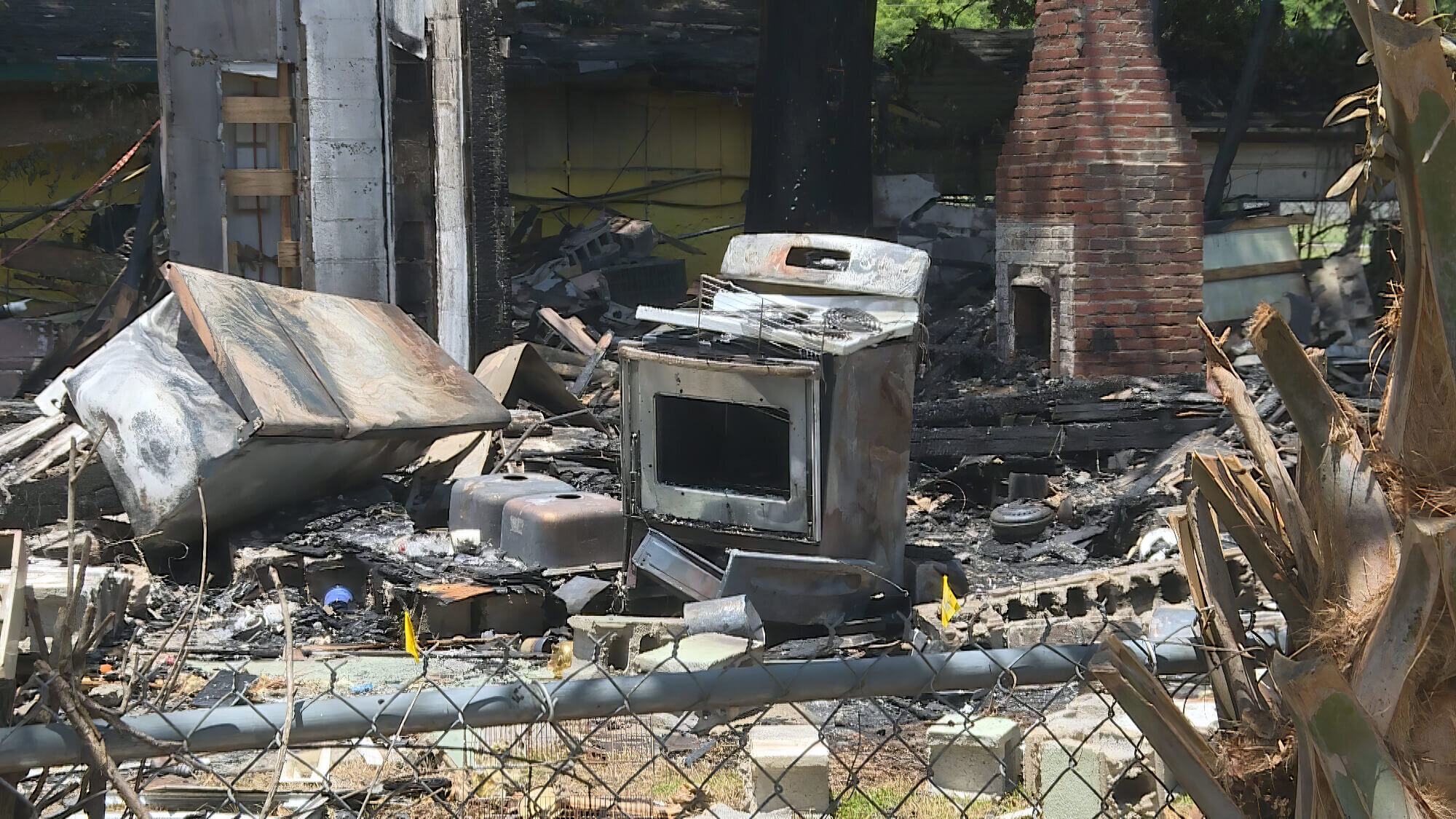
Follow their instructions and guidance; they will provide specific directions tailored to the situation. Cooperate fully with the professionals on-site, allowing them to handle the gas leak detection, repair, and necessary safety measures.
Safety Precautions and Maintenance
Regarding gas-related precautions, prioritising safety with your gas-powered appliances and performing regular maintenance is crucial. By following these guidelines, you can create a secure environment and mitigate potential risks:
First and foremost, familiarise yourself and those living or working with you with safety procedures. Educate everyone about the signs of a gas leak, such as the distinctive smell of rotten eggs, hissing sounds, or discoloured vegetation near gas lines.
Stress the importance of immediately evacuating the area if a gas leak is suspected and emphasise the need to contact emergency services promptly.

If you have a gas leak, turn off the gas at the metre or the LPG cylinder. Install carbon monoxide detectors throughout your home or workplace and maintain them properly. Carbon monoxide is a silent and potentially deadly gas produced by faulty gas appliances or insufficient ventilation. Place detectors on every level, particularly near bedrooms, and regularly test and replace their batteries to ensure reliability.
Proper maintenance of gas appliances is essential. Follow the manufacturer’s guidelines for regular servicing and inspections. Engage the services of qualified professionals to perform maintenance tasks, such as cleaning, adjusting, and inspecting gas appliances and heating systems.
Regular maintenance is essential to prevent gas leaks and helps identify and address potential issues before they escalate into major problems, ensuring the safe functioning of your gas equipment.
Maintain a clear area around gas appliances, vents, and access points to avoid blockages. Keep flammable materials away from gas appliances, which can pose a fire hazard. Regularly inspect gas lines and connections for any signs of wear, corrosion, or damage. Contact a licensed gas fitter for repairs or replacements if you notice any issues.
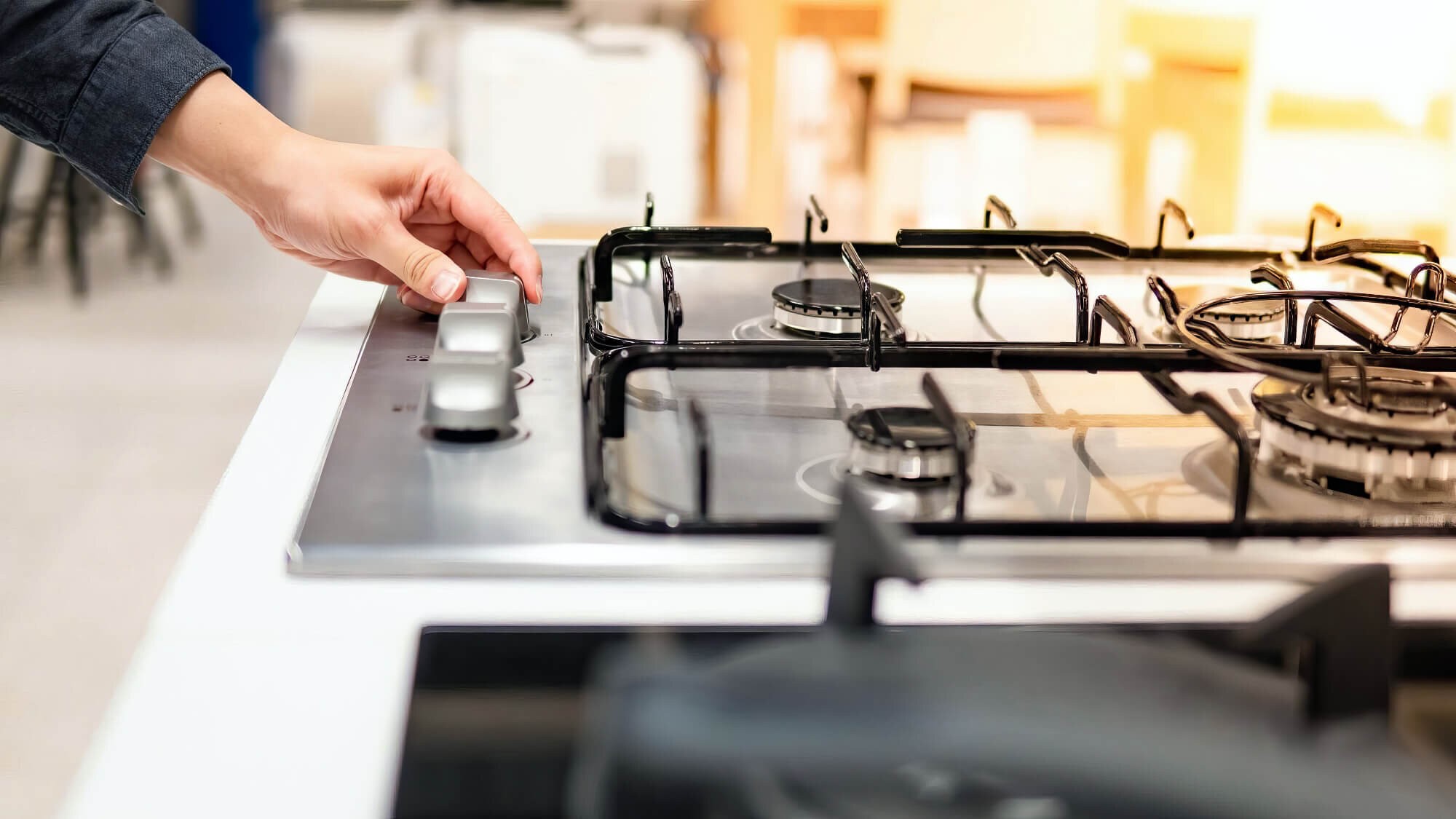
Promote good ventilation throughout your living or working space. Ensure adequate airflow around gas appliances, and regularly clean out vents and chimneys to prevent leaking gas and obstructions. Proper ventilation helps avert gas accumulation and reduces the risk of leaks.
Detecting Gas Leaks for a Secure Environment
Spotting a gas leak is crucial for your safety and your loved ones. By knowing what to look for, as discussed here, you can act fast and take the right steps to stay safe.
At Big Blue Plumbing, your safety is our top priority. We specialise in providing gas detector solutions for gas leak detection and professional services to address gas-related concerns. Our team of experienced technicians is equipped with the knowledge and expertise to handle gas leaks effectively and efficiently.
We encourage you to contact Big Blue Plumbing if you suspect a gas leak or require assistance with gas leak detection. Our dedicated team is ready to respond promptly, assess the situation, and provide the necessary solutions to ensure your safety and peace of mind.
Remember, it’s always better to be safe than sorry about gas leaks. Contact Big Blue Plumbing today and let us help you detect a gas leak in your home and resolve any gas-related issues, ensuring a secure environment for you and your loved ones.



